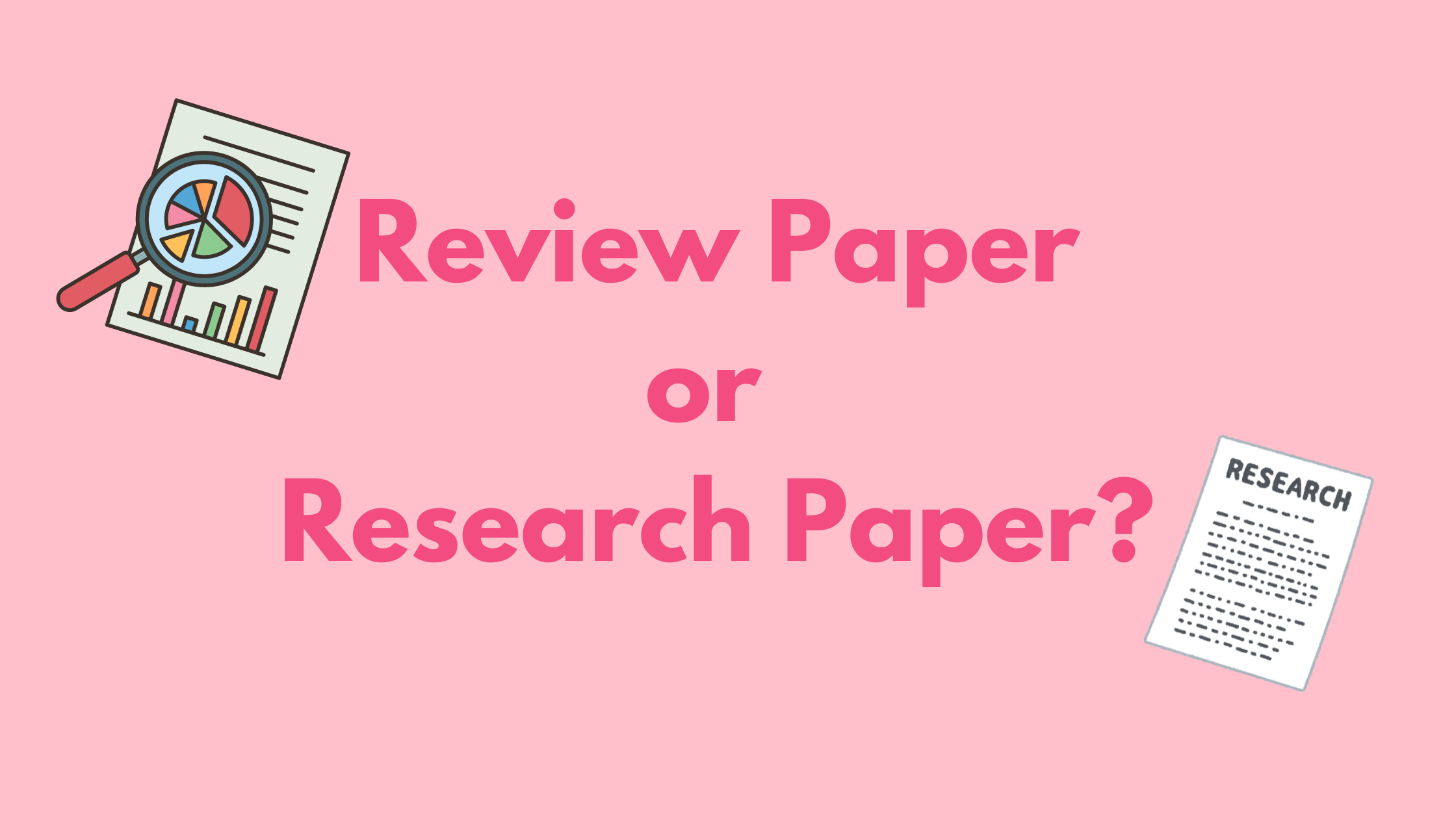After Comparative Analysis, should you write Review Paper or Research Paper?
 Jyoti Maurya
Jyoti MauryaTable of contents

Whether to write a review paper or a research paper after conducting a comparative analysis in Machine Learning (ML) and Artificial Intelligence (AI) depends on the scope, depth, and originality of your findings. Here are the distinctions and considerations for each type of paper:
Review Paper
Purpose: To provide a comprehensive overview of existing research on a particular topic, synthesizing findings, identifying trends, and highlighting gaps.
When to Write a Review Paper:
Synthesis of Existing Knowledge: If your comparative analysis primarily integrates and summarizes existing studies, a review paper is appropriate.
Literature Overview: When you aim to give readers a broad understanding of the current state of research, including major methodologies, findings, and debates.
Identifying Gaps: If you want to point out inconsistencies, gaps, and future research directions in the field.
Educational Purpose: Useful for educating other researchers or practitioners about the comparative analysis findings in a consolidated manner.
Structure:
Introduction: Define the scope and objectives of the review. Explain the importance of comparative analysis in the field.
Methodology: Describe the criteria for selecting studies and the approach for conducting the comparative analysis.
Findings: Summarize key insights, trends, and patterns observed from the comparative analysis.
Discussion: Discuss the implications of these findings, highlight gaps, and suggest future research directions.
Conclusion: Provide a concise summary of the major takeaways from the review.
Research Paper
Purpose: To present original research findings, including new methodologies, experiments, and results that contribute novel insights to the field.
When to Write a Research Paper:
Original Contributions: If your comparative analysis leads to new insights, methodologies, or a significant advancement in the field.
Empirical Findings: When you conduct experiments, gather data, and analyze results that offer new evidence or challenge existing knowledge.
Specific Hypotheses: If your analysis tests specific hypotheses and provides empirical validation or refutation.
Innovative Techniques: When introducing new techniques or frameworks based on the comparative analysis results.
Structure:
Abstract: Summarize the research question, methodology, key findings, and significance of the study.
Introduction: Introduce the research problem, objectives, and background. Explain why the comparative analysis was conducted.
Related Work: Review related literature and highlight how your work differs or builds upon previous studies.
Methodology: Detail the methods used in the comparative analysis, including datasets, algorithms, evaluation metrics, and experimental setup.
Results: Present the findings from the comparative analysis with appropriate data, tables, and graphs.
Discussion: Interpret the results, discuss their implications, and compare them with existing studies.
Conclusion: Summarize the key findings, contributions, and suggest potential future research directions.
References: Cite all sources and studies referenced in the paper.
Decision Criteria
Depth and Originality: If your work provides new, original insights or advances the field, a research paper is appropriate. If it synthesizes existing knowledge and identifies trends or gaps, a review paper is suitable.
Audience: Consider your target audience. Researchers looking for an overview of a topic will benefit from a review paper, while those seeking detailed, novel research will prefer a research paper.
Scope of Work: Review papers are broader and cover multiple studies, while research papers are focused on specific research questions and experiments.
You should choose to write a review paper if your comparative analysis synthesizes existing knowledge and provides a comprehensive overview. Opt for a research paper if your analysis leads to original findings, hypotheses, or methodological advancements. Both types of papers contribute significantly to the field, but their purpose and structure differ based on the nature of your comparative analysis.
Subscribe to my newsletter
Read articles from Jyoti Maurya directly inside your inbox. Subscribe to the newsletter, and don't miss out.
Written by

Jyoti Maurya
Jyoti Maurya
I create cross platform mobile apps with AI functionalities. Currently a PhD Scholar at Indira Gandhi Delhi Technical University for Women, Delhi. M.Tech in Artificial Intelligence (AI).